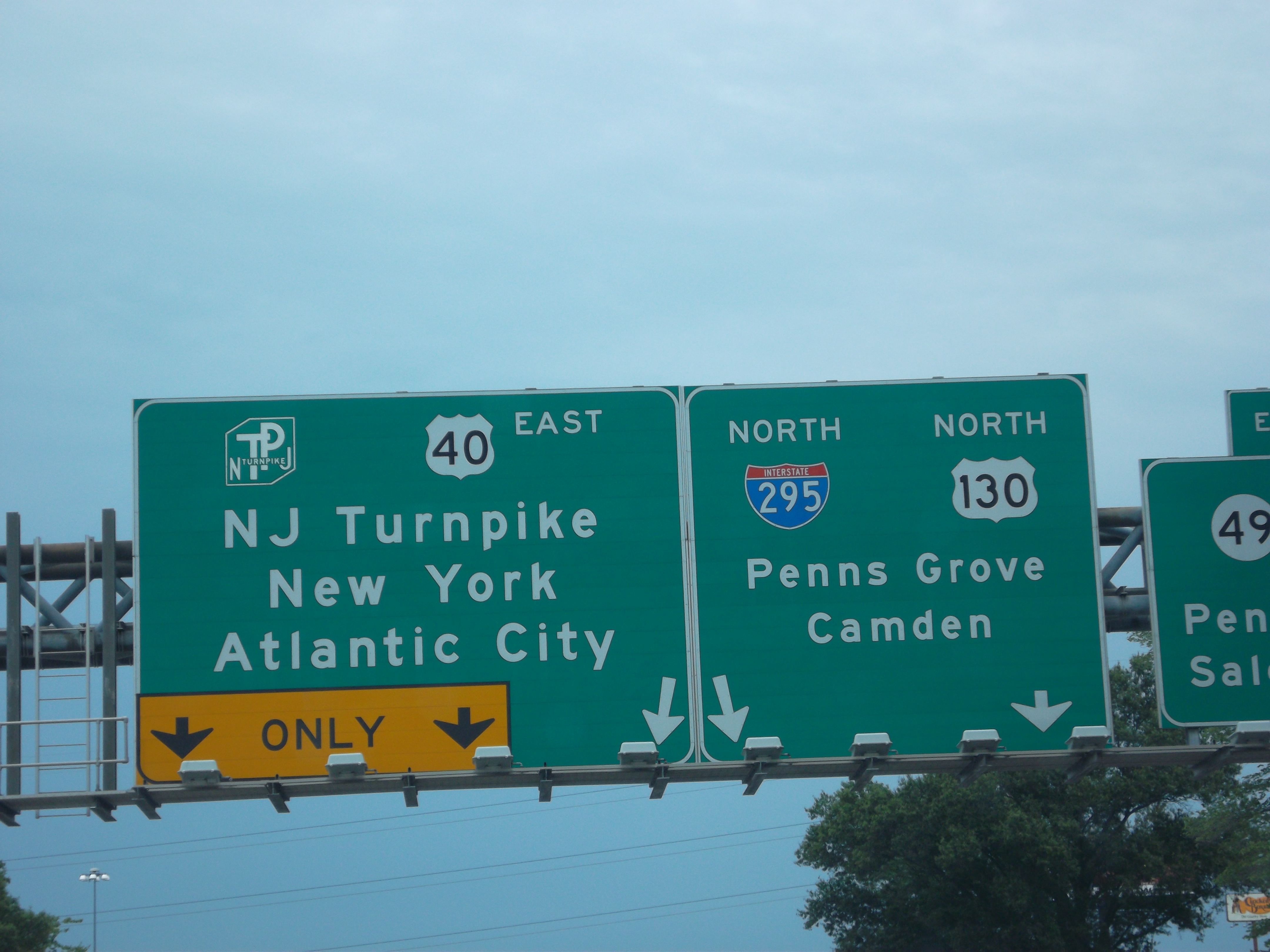
22 Jun How NJ’s financial health affects you
Photo: kconnors/morguefile.comQ. I read so much about New Jersey’s poor financial health. How can this affect me personally? It will be decades before I can move out of the state.
— Concerned
A. New Jersey’s poor financial health does, and will, affect all residents over the next few years.
We’ve got lots of problems, said Stephen Craffen of Stonegate Wealth Management in Oakland.
Among the major issues: We’ve got one of the highest tax burdens in the country, and we’re among the states with the highest amount of unfunded liabilities, including pensions and health care promises, made to state workers in the country. Also, our state is ranked as one of the worst environments for businesses, and we’re ranked among the worst states for employment growth over the last few years.
And our credit rating isn’t pretty, either.
Craffen said the state’s unfunded pension liabilities create a tug of war between employees and taxpayers.
“Right now, New Jersey would probably have to make payments of $3 to $4 billion or more, annually out of its budget to start to make up for the deficit,” Craffen said. “To do that they will probably have to raise taxes more in a state that already has one of the highest tax burdens in the country, further encouraging wealthier people to move out and relocate to states with no income tax including Florida and Texas.”
Craffen said this will exacerbate the problem because New Jersey’s tax revenue is so heavily dependent on income taxes from those people.
He said Connecticut is experiencing these issues now, so you can monitor that situation as an example of New Jersey’s near future.
The big question now is who win the fight over the state budget: the unions or the taxpayers?
“If the unions win and New Jersey does increase taxes substantially, look for more businesses to flee and for employment growth in New Jersey to continue lagging other states,” Craffen said. “If the state continues to place more burdens on businesses — think $15 minimum wage and paid family leave — employment growth will continue to lag as more companies leave for states with less regulation.”
Craffen said if you are employed this will affect you on two levels — job opportunities that might help your career advance may not be in New Jersey, and salary growth may not be as high as in other states with faster employment growth due to the forces of supply and demand.
And we’re all paying taxes here, so there’s no escaping the impact unless you hightail it out of here.
Email your questions to .
This post was first published in June 2017.
NJMoneyHelp.com presents certain general financial planning principles and advice, but should never be viewed as a substitute for obtaining advice from a personal professional advisor who understands your unique individual circumstances.
